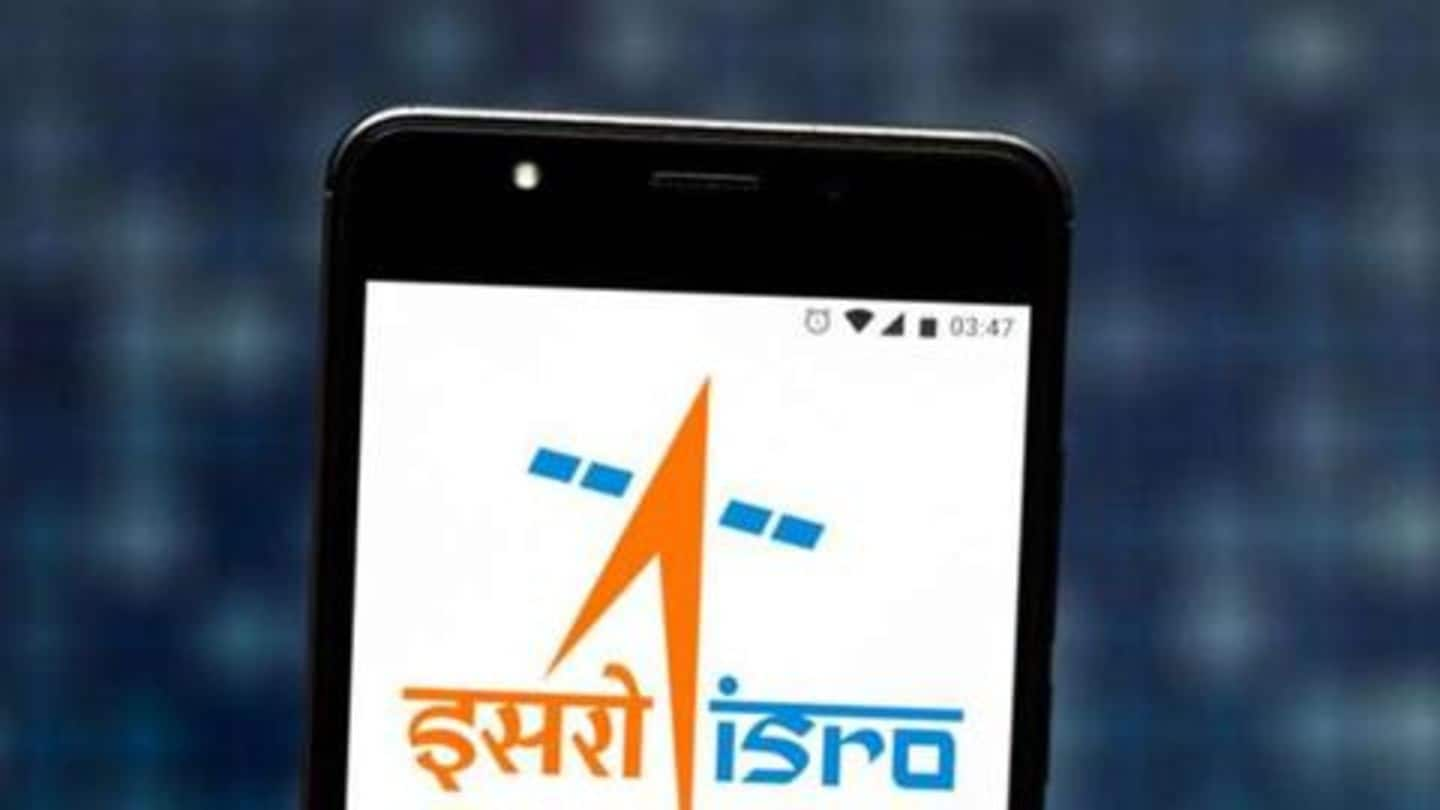
Soon, Xiaomi phones could use India's own version of GPS
What's the story
Xiaomi could soon become the first smartphone maker to offer navigation services with the Indian version of the Global Positioning System (GPS). Yes, the Chinese company is said to be holding talks with ISRO to add support for the Indian Regional Navigation Satellite System or 'NavIC' (operational name) on its smartphones, and perhaps on its wearables too. Here are more details.
Plan
ISRO-Xiaomi in advanced talks for NavIC
Just recently, an ISRO official confirmed that the space agency and Xiaomi are in the advanced stages of talks for the provision of using chips supporting the NavIC system. As part of the deal, NavIC's location, navigation, mapping, tracking, and timing services might be delivered on Xiaomi phones by the way of a custom processor, finally taking ISRO's tech into the hands of masses.
Launch
First such phone might be launched in 2020 itself
Though many details are unclear at this stage, Qualcomm is already working on a NavIC-backed chip, which might be showcased later this month. If all goes according to the plan and the deal between ISRO and Xiaomi gets finalized, the company might launch the first 'mid-range' phone using NavIC in about seven months, the official stated.
Working
Backed by a constellation of 7 Indian satellites
Just like the US GPS, NavIC operates with the help of a constellation of seven satellites that work together to provide real-time positioning and timing services in India and neighboring regions (extending up to 1,500km from the border). The system was developed for terrestrial, aerial and marine navigation as well as disaster management, vehicle tracking and fleet management, and civilian use.
Possibility
NavIC's Standard Positioning Service likely coming on Xiaomi phones
NavIC system has been designed to provide two levels of positioning: Standard Positioning Service (SPS) for civilian usage and an encrypted "restricted service" for authorized users such as the armed forces. So, if Xiaomi gets ISRO's nod, its devices would probably offer SPS, with an expected position accuracy of 20 meters. The GPS, for comparison, offers an accuracy of less than 5 meters.